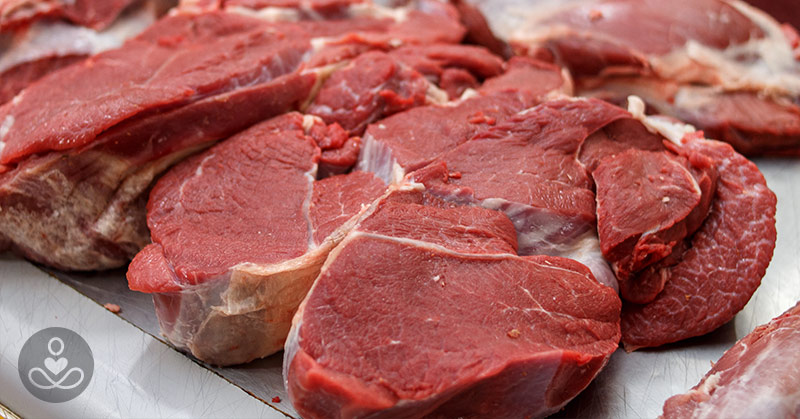Renowned English ethologist, evolutionary biologist, and author, Richard Dawkins, recently stirred up controversy on Twitter by raising questions about lab-grown “clean-meat.” Known for his outspoken criticism of intelligent design and creationism, Dawkins posed the unsettling inquiry of whether human meat could be cultivated and if consuming it would be considered cannibalistic.
While the idea may seem unsettling, it holds relevance in a world where our planet’s resources are depleting rapidly. Advancements in technology have already led to experiments with petri dish meat, with the cost dropping significantly in just a short span of time. The prospect of lab-grown human flesh raises ethical and moral dilemmas, prompting discussions on the potential benefits versus the social taboo of cannibalism.
As the debate unfolds online, scientists continue to explore the possibilities of growing meat in a petri dish, also known as “in vitro” or clean meat. Stemming from a few selected cells from a living animal, lab-grown meat has already made its debut with the world’s first lab-meat burger consumed in 2013. Despite initial reservations, research indicates a growing interest in adopting this alternative protein source.
The ethical implications of consuming lab-grown human meat remain a point of contention, with philosophical arguments being weighed in various publications. The future of petri dish meat and the transparency surrounding its origins raise critical questions about the food industry’s evolution and our perception of what constitutes acceptable dietary choices.
In a landscape where innovation blurs the lines between scientific progress and ethical boundaries, the debate on lab-grown meat, including the tantalizing possibility of human-derived alternatives, challenges us to reconsider our preconceptions about food sources and the limits of technological advancement in the realm of nutrition.






